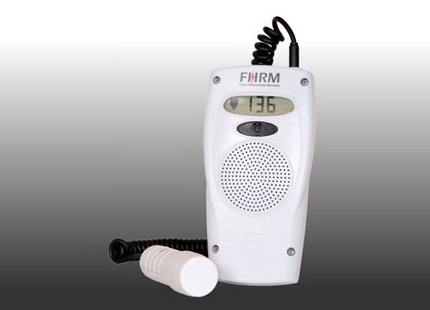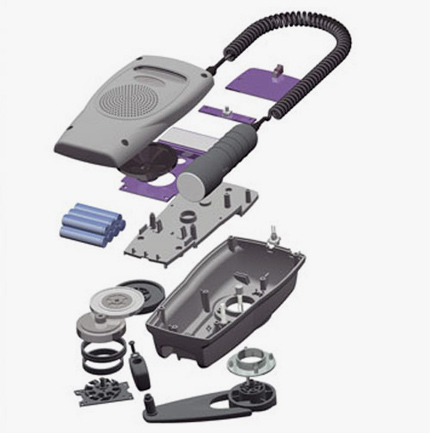
“Africa is a graveyard of western medical equipment,” says John Hutchinson, CTO of the consumer electronics company Freeplay Energy. Indeed, products designed for use in the controlled sanitary conditions of a first-world hospital don’t stand a chance in rural Africa, where harsh user environments and lack of proper training more often than not result in equipment that is either damaged beyond repair or abandoned due to lack of energy sources.
Hutchinson first started hearing about this problem from frustrated doctors about 10 years ago, after Freeplay had already become renowned for innovating hand-cranked radios, lanterns and flashlights that could be used in similarly inhospitable contexts. Was there a way, Hutchinson mused, that the company could migrate its energy-independent technology and robust design to devices that could help save lives? Based in Cape Town, South Africa, Hutchinson was acutely aware of the health issues endemic to his region: HIV and malaria. What he didn’t realize until he started researching local needs was the third world’s sky-high rate of infant mortality. Of the 1 million children who die during childbirth each year, 99 percent perish in developing countries. Almost all of these deaths could be prevented with timely detection.
Teaming up with a group of renowned medical professionals, including the neonatologist John Wyatt of University College London, Hutchinson began work on Freeplay’s first medical device, a fetal heart rate monitor whose robust form and hyper-simple interface are combined with sophisticated Doppler ultrasound technology that allows rural healthcare workers to track the cardiac response of babies in the womb and during birth. One minute of cranking by hand generates enough battery life for 10 minutes of use. A numerical display indicates the fetal heart rate, while an audio component amplifies the actual sound — a double indication of whether or not the baby is in distress. “The fetal monitor has an on/off switch and a handle on the back,” says Hutchinson of the device, which just won a coveted INDEX Award in the Body category. “It’s that simple and that intuitive.” To date, Doctors Without Borders has successfully tested the monitor in the Philippines and is likely to be Freeplay’s first client in the medical device category.

The monitor’s research, development and testing process took nine years from start to finish — in part because of Freeplay’s inexperience in the category but mostly due to the financial challenges inherent in creating a consumer product for the developing world. Though the monitor is currently being manufactured in Wales in small production runs, Hutchinson says more financing is needed to reduce its cost to a sustainable level.
“It’s a long stretch for venture capitalists,” he admits. “Because it’s virgin territory, they get scared away. What we really need to find is a venture philanthropist who is willing to be a philanthropist first and then a business person.” A big heart, in other words, which somehow seems only fitting.
